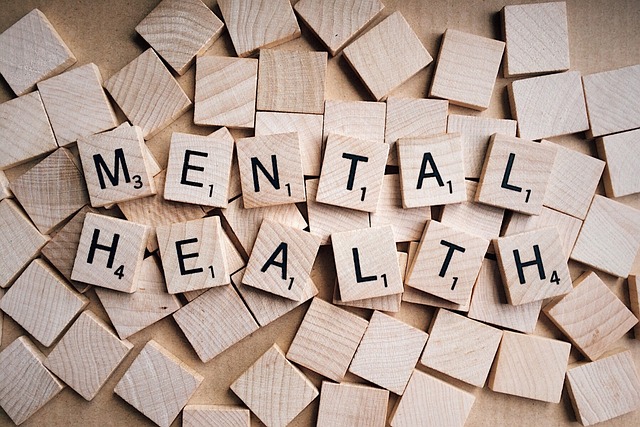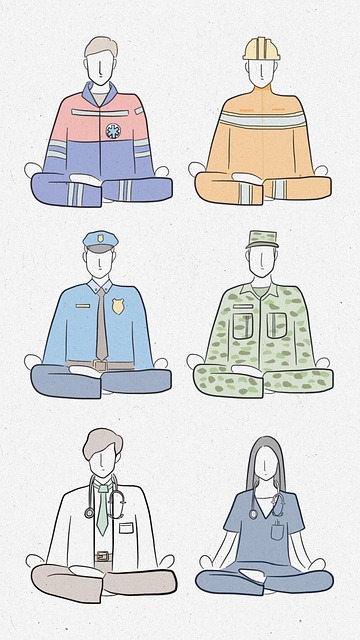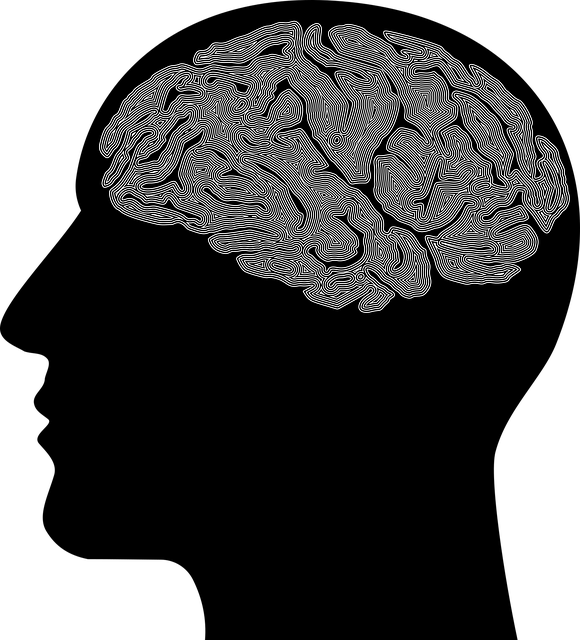In today's digital age, technology integration in therapy is vital for young children's mental health needs. Mental wellness apps serve as game-changers by enhancing traditional therapy with interactive features, games, and educational content related to emotional well-being. These apps improve children's understanding of mental health concepts, encourage self-care practices, enable regular evaluations, progress tracking, and tailored risk management planning. User-friendly interfaces, privacy protections, and evidence-based therapies like CBT and mindfulness meditation are key components. The growing market for mental wellness apps reflects increasing acceptance as valid therapy options, especially in areas with limited traditional access. Challenges include ensuring assessment accuracy, data privacy, engaging interfaces, and adhering to guidelines, but the future looks promising for personalized, interactive experiences that foster mental health awareness and support.
In today’s digital age, mental wellness apps offer a promising avenue for improving children’s therapy. With increasing screen time and advanced technology, these applications cater to the growing need for accessible and engaging solutions in young children’s mental health evaluations. This article explores the development of such apps, focusing on key features that enhance user engagement while ensuring privacy. We delve into evidence-based therapies, interactive tools, market trends, and future directions, emphasizing the potential of technology to revolutionize therapy for young children’s mental health evaluations.
- Understanding the Need for Mental Wellness Apps in Children's Therapy
- Key Features to Incorporate for Effective Young Child Mental Health Evaluations
- Designing User-Friendly Interfaces for Enhanced Engagement and Privacy
- Integrating Evidence-Based Therapies and Interactive Tools for Holistic Wellbeing
- Market Trends, Challenges, and Future Directions in Child Mental Health App Development
Understanding the Need for Mental Wellness Apps in Children's Therapy

In today’s digital age, the integration of technology in therapy has become increasingly vital to address the mental health needs of young children. Therapy for young children often involves intricate processes aimed at fostering healthy development and managing potential challenges. Mental wellness apps have emerged as powerful tools to enhance traditional therapy methods. These applications can provide accessible and engaging platforms for children to participate actively in their own healing process. By incorporating interactive features, games, and educational content related to emotional well-being, apps can improve a child’s understanding of mental health concepts and encourage self-care practices.
Mental wellness apps offer a unique opportunity to conduct regular mental health evaluations and track progress over time. This capability allows mental health professionals to implement effective risk management planning tailored to each child’s specific needs. Additionally, these apps can facilitate communication strategies between therapists, parents, and caregivers, ensuring consistent support systems. Such tools have the potential to revolutionize therapy by making it more accessible, engaging, and personalized for young children, ultimately contributing to improved outcomes in their mental health journey.
Key Features to Incorporate for Effective Young Child Mental Health Evaluations

When developing a mental wellness app focused on young children’s health evaluations, incorporating key features is essential for effective therapy. These should include interactive and engaging tools that cater to their developmental stage, such as age-appropriate games and stories, which can help assess emotional expression and social skills.
Implementing features that support inner strength development through positive affirmations and mindfulness exercises can empower children to understand their emotions. Additionally, integrating modules for self-care routine development enables young users to cultivate healthy habits that contribute to better mental health outcomes. Incorporating these elements seamlessly within the app ensures a holistic approach to therapy, fostering emotional healing processes in a fun and accessible manner.
Designing User-Friendly Interfaces for Enhanced Engagement and Privacy

In the realm of mental wellness app development, designing user-friendly interfaces is paramount for fostering engagement and ensuring privacy, especially when catering to vulnerable populations like young children. Apps that offer therapy or mental health evaluations must be intuitively designed, with a focus on simplicity and accessibility. This means using clear, age-appropriate language and visual elements that guide users through the platform without overwhelming them. Incorporating interactive features, such as gamification elements or engaging storytelling, can make these critical mental health services more appealing to younger audiences.
Moreover, integrating privacy protections is essential, particularly when handling sensitive information about children’s emotional well-being. Developers must adhere to strict data security protocols and ensure compliance with relevant regulations like COPPA (Children’s Online Privacy Protection Act). This includes transparent data collection practices, secure storage solutions, and clear opt-out options for parents or guardians. By balancing user-friendliness with robust privacy measures, mental wellness apps can provide effective tools for burnout prevention while offering guidance on mental wellness journaling exercises and promoting cultural sensitivity in mental healthcare practice.
Integrating Evidence-Based Therapies and Interactive Tools for Holistic Wellbeing

In developing mental wellness apps, integrating evidence-based therapies and interactive tools is key to fostering holistic wellbeing, especially for young children. Apps that incorporate therapeutic techniques like cognitive behavioral therapy (CBT), mindfulness meditation, and self-awareness exercises have shown significant benefits in managing anxiety and promoting positive mental health. By leveraging these evidence-backed methods, app developers can create engaging experiences tailored to different age groups and needs.
For instance, incorporating features such as interactive storytelling for emotional expression or gamified challenges that teach stress management techniques, apps can make therapy accessible and enjoyable. Moreover, integrating regular mindfulness practices through calming visualizations or guided breathwork helps users cultivate a sense of presence and composure. Combining these tools with progress tracking allows individuals to monitor their mental health journey effectively, reinforcing the mind over matter principles essential for sustained wellness.
Market Trends, Challenges, and Future Directions in Child Mental Health App Development

The market for mental wellness apps is experiencing a significant surge, particularly in the realm of child mental health support. This trend reflects a growing awareness and acceptance of digital tools as valid resources for Therapy for Young Children. App developers are recognizing the potential to reach a wide audience and provide accessible Mental Health Evaluations, especially in areas with limited traditional therapy options. The demand for effective solutions has led to an array of innovative apps that offer various Empathy Building Strategies and Emotional Healing Processes tailored for younger users.
However, app development in this domain also presents unique challenges. Ensuring the accuracy and reliability of mental health assessments is paramount, as are considerations around data privacy and security, especially when dealing with sensitive information about children. Developers must adhere to strict guidelines to build trust with users and their families. Additionally, creating engaging interfaces that cater to diverse learning styles and attention spans is crucial for maintaining user interest. Looking ahead, the future of child mental health apps lies in personalized, interactive experiences that incorporate advanced technologies while respecting ethical boundaries, thereby fostering Mental Health Awareness and supporting emotional well-being.
Mental wellness apps have emerged as powerful tools to support young children’s therapy and mental health evaluations. By integrating evidence-based therapies, interactive features, and user-friendly designs, these applications can enhance engagement while ensuring privacy. As market trends continue to evolve, developers face challenges but also opportunities to create innovative solutions that address the growing need for accessible child mental healthcare. Future directions should focus on personalization, integration with traditional therapy methods, and continuous research to optimize app effectiveness in promoting holistic wellbeing among young users.













